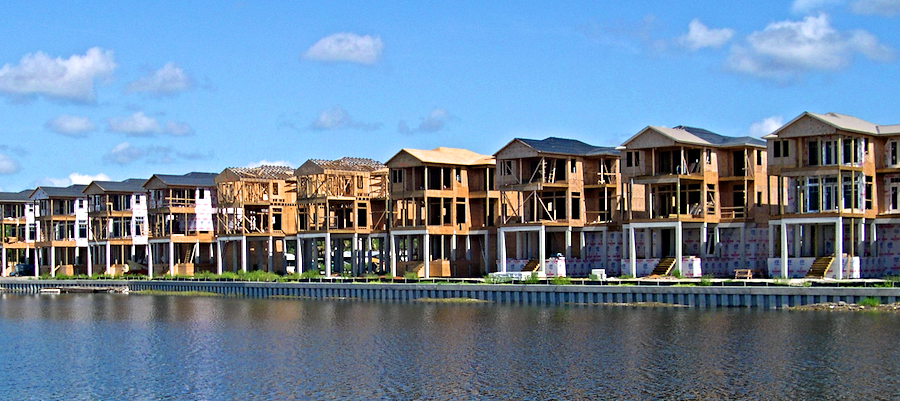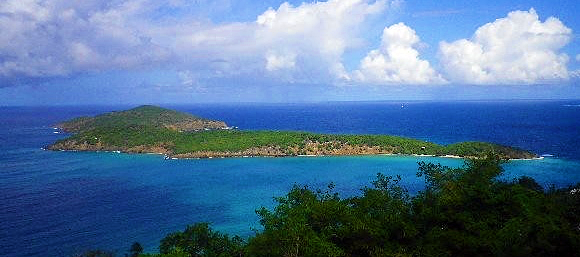The pristine beaches, natural areas and irreplaceable green spaces which bring tourists and new residents to our communities are fast disappearing. Rare and endangered species face an increasing threat. Every year we face the triple threats of development, irreversible environmental damage and changes to our way of life. And every day we clear thousands of acres of rainforest. As our communities expand into the countryside, storm water run-off from development degrades water quality, and auto emissions harm the air we breathe.

Today’s decisions are shaping the communities of tomorrow: where to develop, what pattern of development to pursue, which roads and bike paths to build and what environmental resources to protect. For better or worse, these decisions shape our communities, natural environment and quality of life.
A sense of vision is essential to developing a successful, sustainable community. A community’s building design, street layout, lush landscaping and protected natural areas or sense of cultural richness and economic vitality attract us to them. These qualities did not happen by accident. Citizens and planners must work together to reach consensus on their vision for the future and then develop a well-thought-out, long-range (comprehensive) plan to help them reach that vision. Because no two communities are the same, plans must be locally produced. Active citizen participation is essential to reach a community agreement on the vision, to develop the plan, to achieve it and to make sure the plan is being followed.
"Citizens and planners must work together to reach consensus on their vision for the future and then develop a well-thought-out, long-range (comprehensive) plan to help them reach that vision."
This where our small NGOs, members and supporters like you have been responsible for funding their critical environmental work. Thanks to that commitment, they have come a long way in conserving the Neotropical Ecozone's wetlands and coastal communities. However, there is still a great need to continue their conservation work.
In light of upcoming issues the environmental and conservation efforts of these NGOs are of the utmost importance. We must remain steadfast in our efforts to conserve our precious wetlands and coastal habitats. Some may feel that we’re not moving fast enough – however, they have come a tremendous distance by taking very logical, orderly and secure baby steps.
These steps have also illuminated the idea that our way of life, economic issues and environmental concerns are not bound by borders; that our communities are intertwined and interdependent. Each state should be viewed as if it were one community, and our efforts to meet the environmental challenges ahead need to share that same view.

Across the region grassroots organizations need to be calling for smarter growth. Smart Growth explicitly recognizes the link between quality of life and development patterns and practices. It can enhance the sense of community; protect investment in existing neighborhoods; provide certainty in the development process; protect environmental quality and conserve open space; reward developers with profitable products, financing and flexibility; and make more efficient use of public money.
"Smart Growth explicitly recognizes the link between quality of life and development patterns and practices."
New programs need to be implemented that will help us gather scientific data that can be presented to the communities that depend on these natural resources for their livelihood, and to the local communities and governments that are responsible for protecting these ecosystems.
Whether helping to establish new protected areas, expanding buffer zones linking them with corridors that allow wildlife to range naturally, or creating overarching safeguards for entire eco-regions, we must be committed to finding solutions that work and will work over time.
Behind Smart Growth is thoughtful planning, long-range creative thinking and careful attention to community design. If we are to reshape our communities to better meet our needs and hopes for the future, we as citizens must become active participants in our local visioning processes.
This requires governments and other stakeholders to think and act on large scales and often to collaborate beyond their normal spheres of influence.
NGO members have always been the first to come forward in support of their conservation efforts. Now more than ever, please consider your commitment to conservation and continue your support of these NGOs.